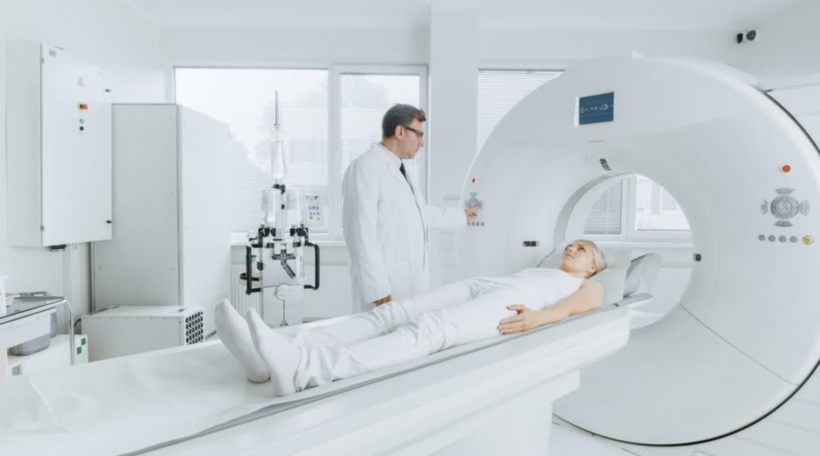The healthcare and medical industry is constantly developing, as further research and discoveries are uncovered and we understand more about the human body, we are able to develop greater and more effective treatments. Cancer treatments are none the different and in recent years, additional treatments have become available that use advanced techniques to treat cancer. Including the use of protons and treatments that boost the body’s own ability to attack cancerous cells within the body.
Research and development isn’t stopping there either and every week there is a further discovery that can help improve cancer treatments and the experience for cancer patients. Current treatments are effective but also harsh on the body, particularly where chemotherapy is used and is a full-body treatment that uses certain medicines and drugs to destroy cancer cells. Alternative modern-day treatments that can offer a better journey for the patient include;
Proton Beam Therapy
A similar treatment to radiotherapy which uses photons to treat cancer cells, proton beam therapy uses protons in the treatment of cancer and offers less severe side effects than conventional radiotherapy. Proton beam therapy and the use of pencil-beam scanning ensures that cancerous tumours are treated with a high degree of accuracy, preventing surrounding healthy tissues from receiving radiation and causing uncomfortable side effects. Proton beam therapy is a relatively new treatment and until recently was only available in a few countries such as America. Since the opening of Rutherford Medical Centres in the UK, proton beam therapy has become more accessible for patients across Great Britain and Europe. Proton beam therapy isn’t suitable for all types or stages of cancers, instead, it is a preferred treatment for cancers located in highly sensitive places in the body such as head and neck cancers, spinal cancers and prostate cancers. Due to the high accuracy of proton beam therapy, it can help protect against side effects such as fatigue and nausea which are often the hardest hitting of cancer treatments.
Immunotherapy
Immunotherapy is another relatively new cancer treatment that helps to boost the body’s own immune system to halt the spread and growth of cancer. Normally, cancerous cells are able to hide from our immune system and the protector cells in our body, tricking our white blood cells by hiding down certain pathways or concealing themselves. If the cancer is aggressive, then it can overwhelm the immune system. Immunotherapy treatment uses a combination of certain drugs to help the immune system identify cancer cells or by blocking the pathways that cancer cells normally hide in. There are several different types of Immunotherapy offered as a cancer treatment including Checkpoint Inhibitors, Monoclonal Antibodies and Immune System Modulators. Just as other cancer treatments, not every patient is suitable for receiving Immunotherapy and at the time of your diagnosis and cancer planning, your cancer treatment team will advise the best treatment for your diagnosis.
The Future of Cancer Treatment
While the ability to treat cancer with a single pill is still a few centuries away, incredible developments are still being made regularly. A new treatment called MRI-Guided Radiotherapy is soon to become available in the UK and this will improve on the conventional radiotherapy that so many patients are treated with. MRI-Guided Radiotherapy will improve the accuracy of radiotherapy greatly, allowing for higher doses in individual treatments and shortening the total length of treatment, in addition to reducing the severity of side effects and site-specific side effects.
Cancer is unpredictable, it can occur at any time and often, without cause or reason. The more research and development we can fund and encourage, the better our defence in the face of a cancer diagnosis. Do your bit by fundraising for or donating to your local cancer research charity and help the world improve cancer survivability for all.
Laila Azzahra is a professional writer and blogger that loves to write about technology, business, entertainment, science, and health.
